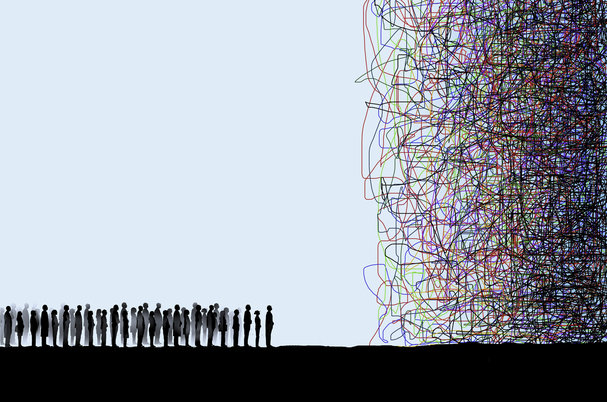
Credit: Fanatic Studio/Gary Waters/SCIENCE PHOTO LIBRARY/Getty
To make submissions easier, journals need to fix these 3 things - study
Why trying to publish is often “a minefield”.
25 February 2020

Fanatic Studio/Gary Waters/SCIENCE PHOTO LIBRARY/Getty
Academic journals are often vague about their approach to peer review and preprint rules, which makes it difficult for authors to navigate the submission process, a new study has found.
A team led by Thomas Klebel, a sociologist at Graz University of Technology in Austria, investigated the peer review and preprint policies of 171 journals spanning a range of science and social science disciplines, drawn from the top 100 overall and top 20 per discipline of Google Scholar Metrics.
1. Lack of information on the type of peer review
The study found that nearly one-third (31.6%) of journals provide no information on the type of peer review they use.
Among those that do have clear policies, single blind peer review (where the authors are ‘blind’ to the reviewers’ identities) is the most common, followed by double blind peer review (where both authors and reviewers are blind to each other’s identities).
2. Open peer review practices are unclear
When it comes to open peer review practices, such as whether a journal publishes peer review reports or previous versions of the manuscript, more than 50% of the journals included in the study do not provide information.
3. Preprint rules are vague
While more than two-thirds of the journals (70.2%) make it clear that they accept manuscripts that have been posted as preprints, more than half (57.3%) do not state whether authors can cite preprints in their papers.
The study, which itself is yet to be peer-reviewed, was published on the pre-print server, bioRxiv.
The authors say that if journals are unclear on which practices they prohibit or allow, submitting and reviewing for journals “becomes a minefield that is not easily navigated.”
A lack of clear policies also make it difficult for authors to find publishers “with desirable practices,” the authors write.
